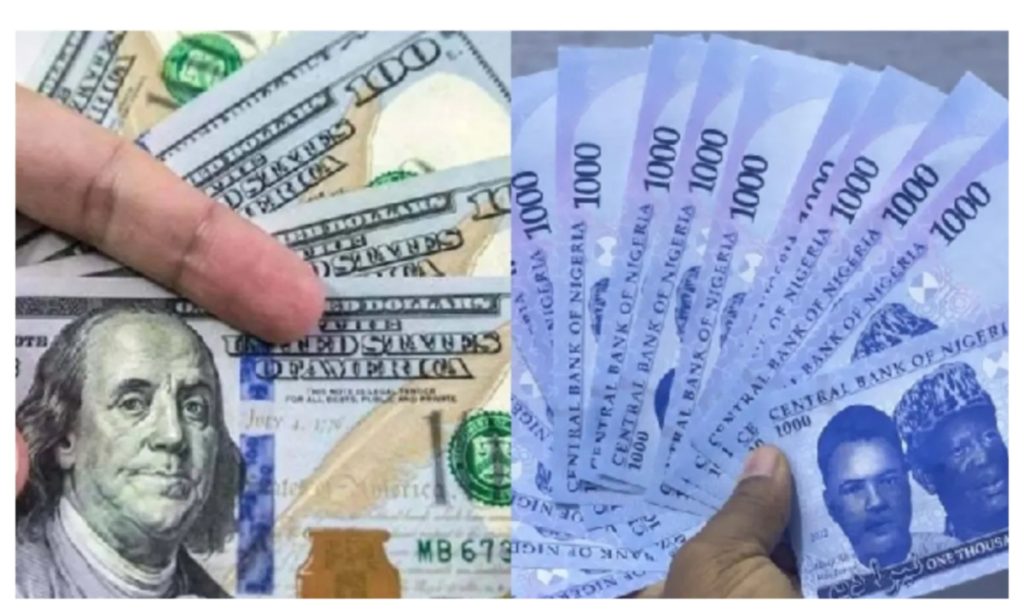The Nigerian naira experienced a decline in value on Thursday, marking a shift in its recent trend of appreciation against the US dollar. According to data from the Central Bank of Nigeria, the naira depreciated to N1,443.90 against the dollar, down from N1,442.92, representing a marginal weakening of N0.98.
This downward movement was also observed in the parallel market, where the naira dropped by N5 to N1,470 per dollar, compared to N1,465 since Monday. The decline comes after the naira had gained N10.92 against the dollar over the course of three consecutive trading sessions.
The Central Bank of Nigeria’s data also revealed that the country’s foreign reserves have increased to $44.56 billion as of November 26, 2025, up from $44.26 billion on November 21. This surge in foreign reserves may have a positive impact on the country’s ability to stabilize its currency.
The recent fluctuations in the naira’s value are a reminder of the complexities of foreign exchange markets and the various factors that influence currency values. The Central Bank of Nigeria has been working to manage the country’s currency and maintain economic stability.
The decline in the naira’s value may have implications for businesses and individuals who rely on foreign exchange transactions. As the country’s economy continues to evolve, it is likely that the naira’s value will remain a key area of focus for policymakers and market watchers.
In the context of Nigeria’s economic landscape, the naira’s value is closely tied to the country’s foreign exchange reserves, trade balance, and overall economic performance. As the country continues to navigate the challenges of a globalized economy, the management of its currency will remain a critical aspect of its economic strategy.



